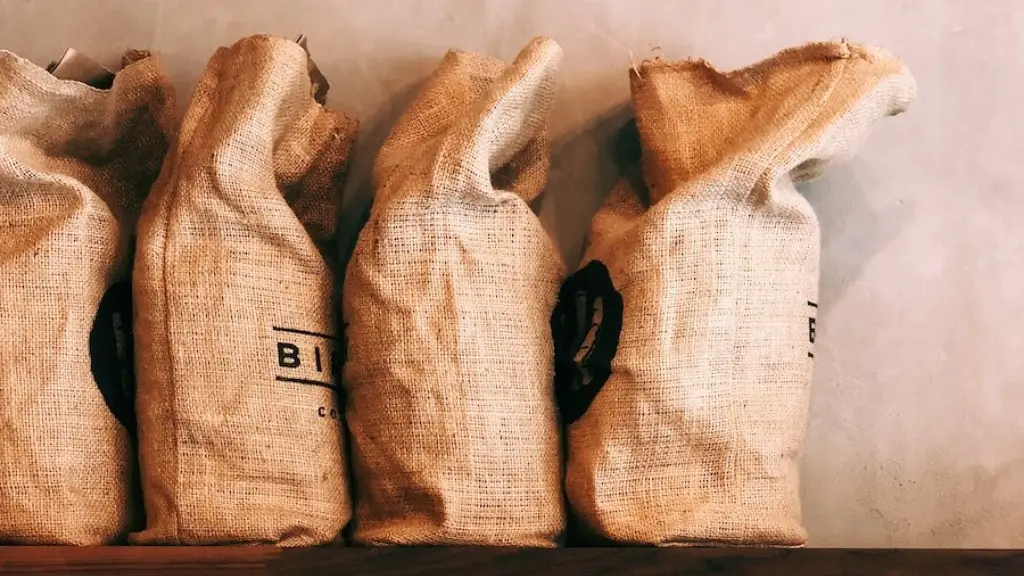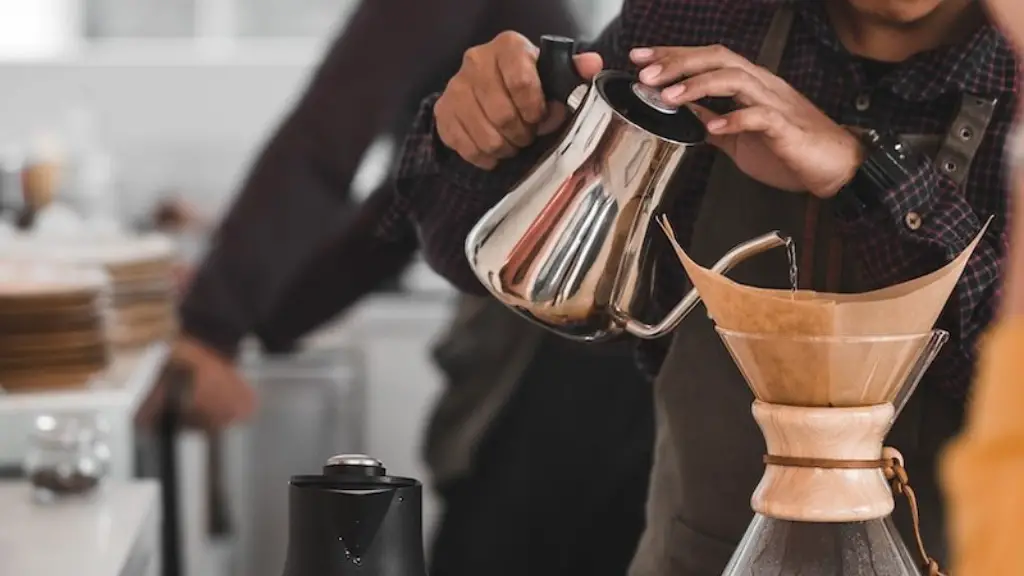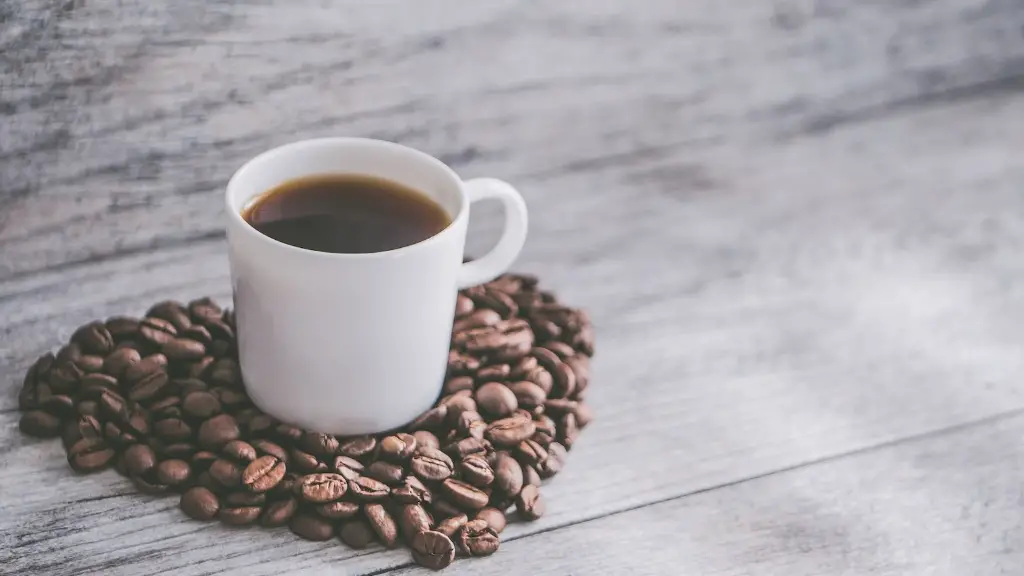You’re watching what you eat and changing your diet to shed pounds, but is it OK to drink coffee? Whether you’re following a flexible diet like Weight Watchers, a low-carb ketogenic diet, intermittent fasting, or anything else, does coffee fit into your diet?
There is good news for coffee drinkers, for the most part coffee is fine to consume while losing weight. In general, coffee is acidic but there are some benefits to our health. Coffee is an acceptable beverage when dieting and can help you achieve your diet and weight goals when consumed in moderation.
Nutrition Information
Coffee is very low in calories and virtually fat-free. A one cup serving of black coffee has only 2 calories, no carbohydrates, 1-gram of protein and 0-grams of fat. If you’re counting calories, that’s not bad. One cup of instant coffee with no cream or creamer added has 5 calories, 0-grams of fat, and 1-gram of protein. So even with full-calorie cream or creamer, total calories are still low.
Some benefits to coffee may include reducing your risk for type 2 diabetes, Parkinson’s disease, and Alzheimer’s disease. Unfortunately, if you want to experience the health benefits of coffee, drinking it with full-calorie cream, creamer, and sugar negates any potential benefit.
Caffeine
Coffee carries the stigma of being a diet sabotage. That is because of the caffeine. Caffeine provides a feeling of temporary energy, but no real nutrition. A regular 8-ounce cup of brewed coffee has approximately 95 mg of caffeine, one ounce of espresso or single-shot has 64 mg, depending on the bean and roast, and an 8-ounce cup of decaf has about 3 mg of caffeine.
Caffeine is a mild appetite suppressant, so if you’re someone who doesn’t usually eat breakfast, having a cup of coffee may be enough to get you through until lunch and help reduce the urge of snacking. People who typically have a full breakfast but need a pick-me-up a couple of hours after, a cup of coffee may help take the edge off the hunger until it’s time for lunch or your next snack.
Moderation
Drinking coffee in moderation is key to not sabotaging a diet. If you are drinking large amounts of coffee and adding full-calorie cream, creamer, and sugar, the calories begin to add up and your diet will most likely suffer. Stick to one cup of coffee, unflavored, or with a calorie-free creamer, and you’re good to go.
Integrating Coffee into Your Diet
If you’re seriously trying to lose weight and coffee is a major part of your diet, consider buying coffee that is low in acidity. Opt for premium varieties such as Kona coffee, which undergoes a special processing to reduce the amount of acidity. The ideal amount is about 3-4 cups a day, depending on your body weight.
Finally, be mindful of the type and amount of fluid you’re consuming. If you’re trying to reduce your calorie intake, but still are drinking four cups of coffee a day then you will probably have to cut back elsewhere in your diet. It’s also important to note that coffee is diuretic, which means you will probably have to increase your fluid intake throughout the day.
Unsweetened Coffee Drinks
Unsweetened coffee drinks, especially the sugar-free versions are good alternatives to regular coffee and will help you reduce your calorie intake. Be careful with the light creamers as many of them can contain quite a bit of fat calories and some added sugar. An ideal choice is unsweetened almond milk that is either flavored with cocoa powder or a little bit of cocoa powder with stevia drops for added sweetness.
Coffee is generally safe for most dieters. If you’re concerned about potential consequences, talk to your doctor or nutritionist. As with most things, the key is moderation. Have too much and you’re more than likely undoing the calorie deficit you’ve spent a day creating but enjoy in moderation, and you will be able to reap all the benefits of drinking coffee while still maintaining your goals.
Organic or Non-Organic Coffee?
When selecting your coffee, go for the organic or Non-GMO. Organically-grown coffee beans avoid exposure to any type of harmful chemical or pesticide residue. Plus, you can be sure that the beans were sourced ethically and sustainably. But if organic is not available, there are Non-GMO coffees that are also sourced from pesticides-free beans. A Non-GMO coffee is an excellent way of supporting companies matter where the beans were grown.
With both organic and Non-GMO coffees, you can be sure that you are drinking clean coffee, free from unwanted and potential harmful additives. Additionally, certified organic coffee beans are usually from small-scale coffee producers, helping communities around the world.
Additives for Coffee
Adding the wrong creamer to your coffee could be counteracting the potential benefits of caffeine. Full-fat creamers are packed with calories that can push your overall calorie intake beyond what is ideal when counting calories. Opt for light creamers that use low-fat or fat-free alternatives, or use soy milk. If you prefer something sweet, switch to a calorie-free creamer option, or try unsweetened almond milk with a teaspoon of cocoa powder and a few drops of stevia extract.
If you are having a hard time giving up sugar, switch to sugar substitutes like Stevia or erythritol. They have the same sweet taste but without the sugar and calories. There are several stevia-based sweetener options on the market that you can use for your coffee.
Read Labels
Reading labels is important if you are on a diet. Whole bean coffee can taste more intense than regular coffee, and most pre-ground coffee is low in nutrition. Go for quality instead of quantity. Buy organic or Non-GMO and opt for specialty coffee beans. Look for quality high-grade arabica coffee beans, or a specialty blend, as these will have the least amount of sugar and calories.
The best way to ensure you get the nutritional value from the coffee is to buy fresh-roasted beans, grind them fresh and make your own coffee. This will give you maximum flavor and you know exactly how much sugar and calories you’re adding. There are many great coffee grinders and machines available on the market, so don’t limit yourself to instant coffee.
Drinking Coffee in Moderation
When trying to lose weight nothing is off the table and caffeine can be consumed either from coffee, tea, or energy drinks. Opt for fresh brewed coffee because it contains more caffeine than instant coffee. If you’re using coffee as a pre-workout energy source, be safe when using it. Start with the 3-ounce espresso shot, and have a regular cup of coffee (8-ounces) no more than an hour or two before your workout. Caffeine’s effects can kind of kick in, so remember to take breaks here and there.
Remember that all in moderation. Have too much and you’re more than likely undoing the work you put in. Enjoy, in moderation while still maintaining your goals. That caffeine can be the jolt you need to get the day started.




